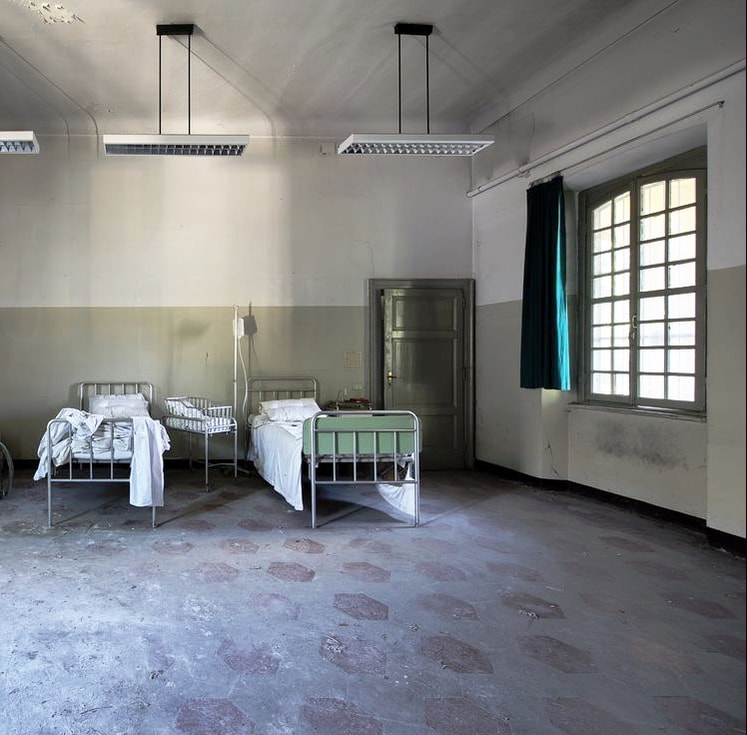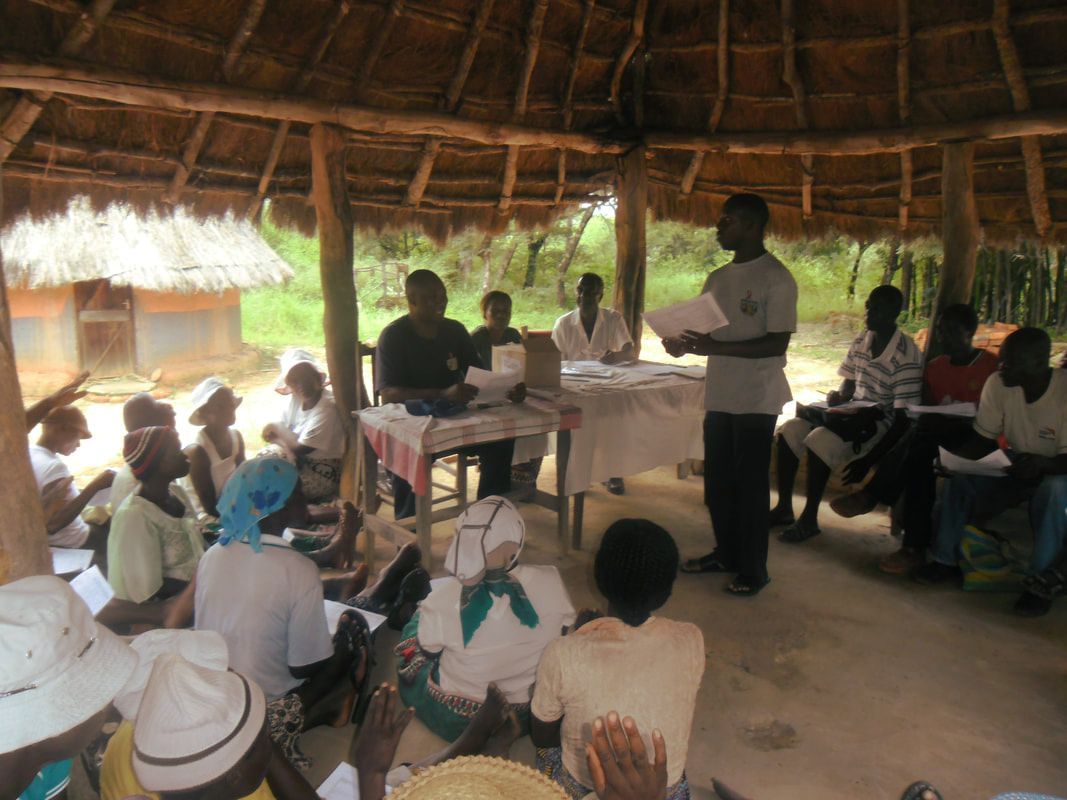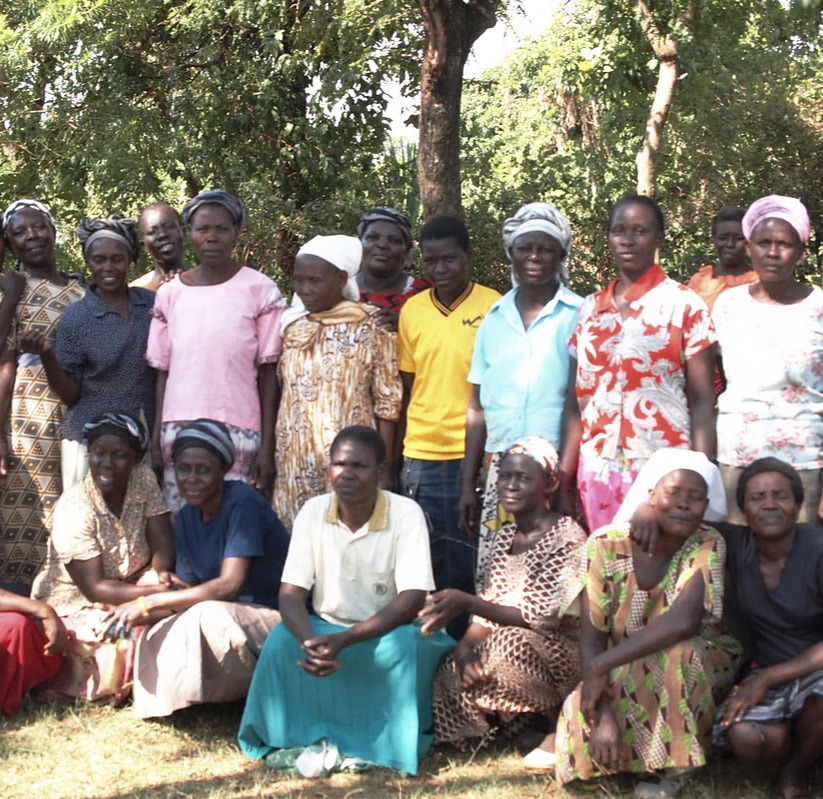The Manicaland Centre for Public Health Research is committed to engaging with the wider public, drawing on our research and expertise to build the capacity of community and health systems in Zimbabwe, as well as enhance public and stakeholder understanding of HIV epidemics.
Health Service Development
|
Using the latest scientific research findings, we develop and implement a range of activities to introduce evidence–based HIV prevention and treatment services in our project areas.
We train and provide technical assistance to the Ministry of Health and Child Care (MoHCC), the National AIDS Council (NAC) and other partners involved with HIV prevention, care and support. We help to build the capacity of HIV service implementing partners to monitor and evaluate their HIV and AIDS interventions in Manicaland Province. We have also taken an active role in upgrading local health centre infrastructures to increase capacity, by acquiring essential ART equipment and by increasing qualified human healthcare resources. |
Public Engagement
|
We believe that engagement with a broad range of stakeholders is crucial to ensure that our experiences and findings are used to inform real-world policy and practice.
We regularly attend or organise meetings, workshops and conferences, advising on HIV research, policy and practice, as well as disseminating findings. These activities include organising exhibitions, communicating the views of community members, delivering talks at conferences, preparing and distributing policy briefs, and running workshops with senior policy-makers to facilitate the use of mathematical models to address key policy questions in the design and roll-out of a number of HIV control strategies. |
Community Conversations
|
Through Community Conversations we share research findings with community members and help them find common ground and solutions to pertinent challenges
Community conversations seek to create a space where community members can consider, and challenge, the impact of social norms on HIV-related behaviours, overcoming stigma and other barriers preventing particular groups of people in their community to engage consistently with HIV services. Currently, with our partners from DOMCCP, we are evaluating the effectiveness of community conversations as a strategy to enhance the impact of behavioural economics interventions in addressing barriers to young people's use of HIV prevention methods in east Zimbabwe. |


